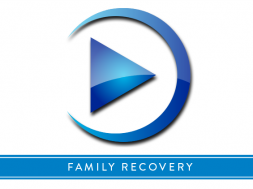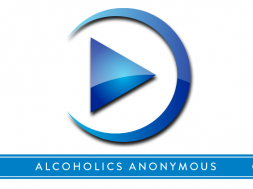
Do I have an alcohol abuse problem?
People often complicate their lives by turning to drugs and alcohol, and they can pay a heavy cost for doing so. Direct damage to health and physical trauma are just one of the consequences of substance abuse. The emergency rooms as well as the hospitals are brimming with these cases, which is extremely sad. Substance abuse may begin in adolescence or even childhood. It may also begin later in life. People who are recently retired are one of the fastest growing segments effected by addictive illness.
Finding treatment for and prevention of substance abuse has been difficult. Although, through a number of researches, doctors are somewhat able to interpret the behavior. Our best chance to get hold of the current situation is through educating and preventing children and adolescent teens, to save them from the grips of this fatal problem. In a study undertaken by National Institute on Drug Abuse in 2014, the researchers found there were nearly 7 million users of illicit drugs aged 12 and over. What is more surprising is that nearly 6.4% (approximately 17 million adults) have been found to be dependent on alcohol.
Substance abuse not only creates intoxication, but it also alters:
- Attention
- Judgement
- Perception
- Decision making
- Physical control
ALCOHOL ABUSE
Alcohol abuse or ‘alcohol dependence’ or ‘alcoholism’ or ‘alcohol use disorder’ is an order of drinking that not only affects one’s health but also interpersonal relationships and capabilities. As per an academic study by Gelder, Mayou and Geddes, alcoholism is often linked to suicide. Older men with a history of drinking and individuals suffering from depression have a higher risk of taking this extreme step.
Adverse health effects are generally associated with alcohol use disorder. Since alcohol is easily available, more and more people engage in drinking. Peer pressure remains to be the leading cause for alcohol abuse for teenagers. College goers and students engage actively in alcoholism usually to keep up with their peers and it is only with their peers that they drink more at first. Then, many times, they begin drinking alone, drinking in the morning, or engaging in risky behavior.
An individual suffering from any psychological disorder like depression, anxiety may turn their attention towards alcohol. This often happens because alcohol tends to provide temporary relief from their current psychological state. For people who are unable to dissociate them from psychological trauma, alcohol and narcotics render efficient numbing effects. Now, this is also a difficult condition because alcohol creates a state of intoxication and an altered state, preventing the abuser to be fully aware of their conditions. A state of full consciousness and awareness is, of course, necessary for someone to heal from a psychological disorder.
The company of deviant peers may render an individual to incline towards alcohol use disorder. Also, early pubertal maturation has been linked to alcohol abuse and this scenario is common in both males as well as females.
ALCOHOL DEPENDENCE
Long term alcohol abuse can lead to alcohol dependence, which is the next step in the progressive illness. The theoretical definition of alcohol dependence stands as a previous psychiatric diagnosis in which an individual is physically and physiologically dependent upon alcohol. In 2013, it was reclassified as ‘alcohol use disorder’.
Nearly 12% of adults in America confess to having alcohol dependence at some point in their lifetime. Also, as per the data released National Health Services, 9% of men and 4% of women in the United Kingdom show signs of alcohol dependence.
WARNING SIGNS
An individual is at the risk of developing alcohol use disorder if he or she:
- Drinks more and much longer than planned, already
- Has tried to stop drinking but could not, more than once
- Spends most of the time drinking or in hangover
- Wants alcohol and cannot think of anything else possible
- Is facing problems at professional or personal front
- Carries on drinking even when alcoholism has produced bitterness in personal relationships
- Draws back from other important activities or exercises just to sit back and drink
- Has found himself in situations while drinking and more likely to get hurt afterwards
- Keeps consuming alcohol even though it has made one sad, depressed, anxious, ruined your relationships and harmed your health
- Binge drinking for the desired effect
- Has extreme withdrawal symptoms like shakiness, troubled or no sleep, nausea, restlessness, shakiness, sweating, altered heart beat, seizure and imagining, hearing and feeling things which are not actually present
The only requirement for membership in Alcoholics Anonymous is a desire to stop drinking. If you think you may have a problem with alcohol, it may be beneficial to check out a meeting.

